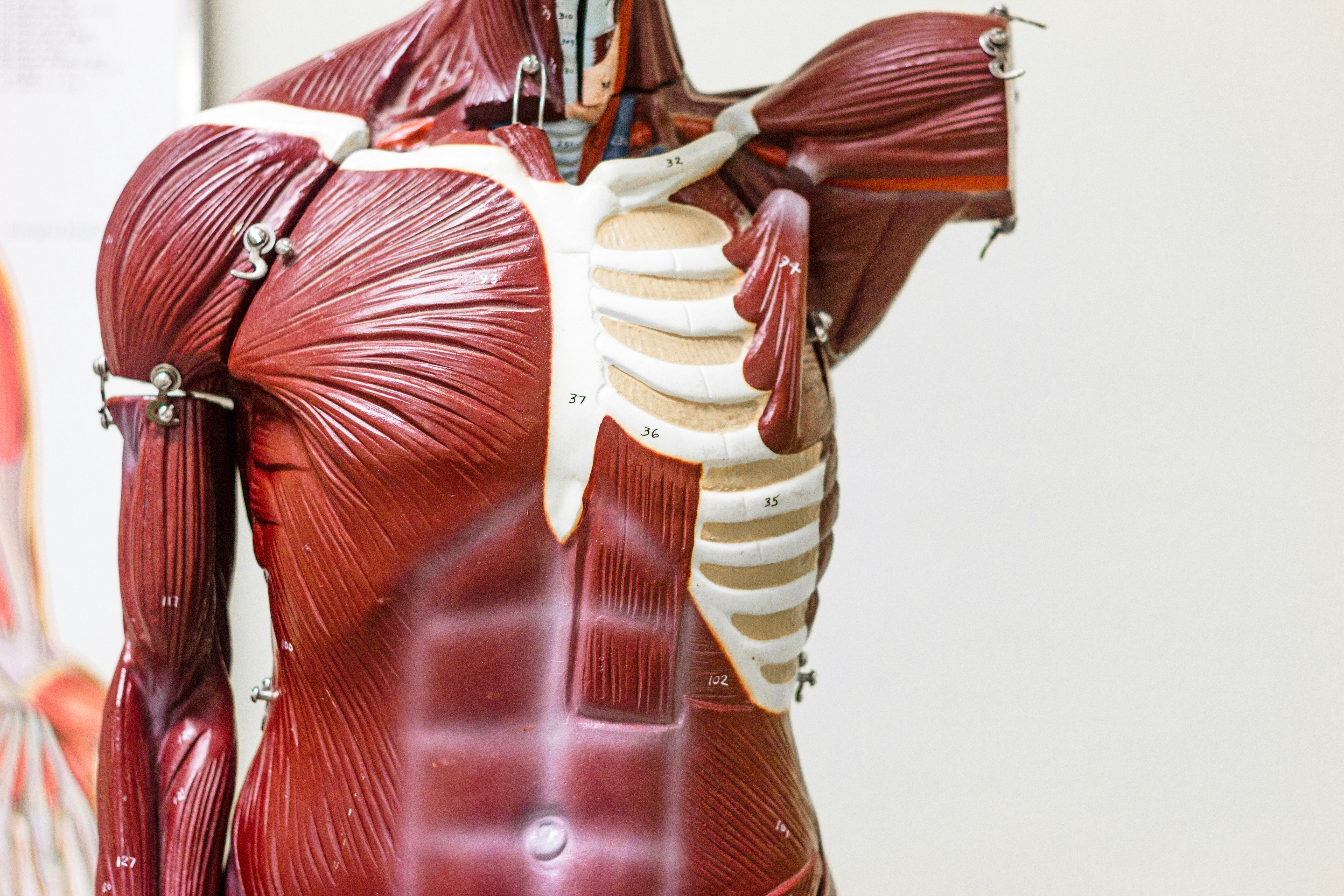Transforming Medicine with AI: Conversation with Isaac Kohane, MD, PhD
Dr. Jared Pelo sat down with Dr. Isaac Kohane, the head of biomedical informatics at Harvard and editor-in-chief of the New England Journal of Medicine AI. Their conversation explored the current state and future potential of AI in healthcare, offering valuable insights for both patients and healthcare providers.
The Evolution of AI in Medicine
Dr. Kohane outlined the progression of AI in medicine, from rule-based systems in the 1980s to today's sophisticated language models. He highlighted a key turning point in 2017 with the introduction of the Transformer architecture. This innovation paved the way for more advanced AI systems, capable of understanding and generating human-like text. These developments have significantly expanded the potential applications of AI in healthcare, from analyzing medical literature to assisting with patient communication.
Current Applications of AI in Healthcare
- Administrative Tasks: Many healthcare systems are using AI for tasks like creating discharge summaries and reports for referring doctors.
- Revenue Cycle Management: AI is being employed to optimize coding and maximize reimbursement.
- Patient-Driven Research: Patients are using AI to analyze their medical records and lab reports, sometimes leading to new insights or second opinions.
Challenges and Considerations
- Privacy and HIPAA Compliance: Dr. Kohane emphasized the importance of using HIPAA-compliant AI tools when dealing with patient data.
- Integration with Existing Workflows: For AI to be truly useful, it needs to seamlessly integrate into doctors' existing workflows.
- Liability Concerns: The medical-legal implications of AI use in healthcare are still being worked out.
- Critical Thinking: Healthcare providers need to maintain a critical eye when using AI, much like they would with advice from a junior colleague.
The Future of AI in Medicine
Dr. Kohane believes that AI has the potential to significantly improve patient outcomes and reduce medical errors. However, he stresses the need for prospective studies to truly evaluate the impact of AI on clinical practice.
Advice for Patients and Doctors
- For Patients: Don't hesitate to use AI as a "second opinion" tool. It can help you prepare questions for your doctor or understand your medical records better.
- For Doctors: Stay informed about AI developments but maintain a critical perspective. Use AI tools that are validated and integrated into your workflow.
The Role of Medical Journals
As editor-in-chief of NEJM AI, Dr. Caine is pushing for more prospective studies and real-world case studies of AI applications in medicine. He believes this approach will help bridge the gap between theoretical potential and practical implementation.
Conclusion
The rapid advancement of AI in medicine presents both exciting opportunities and significant challenges. As Dr. Caine's insights reveal, navigating this new landscape will require ongoing collaboration between technologists, healthcare providers, and patients. Stay tuned for more cutting-edge discussions on the future of healthcare.



